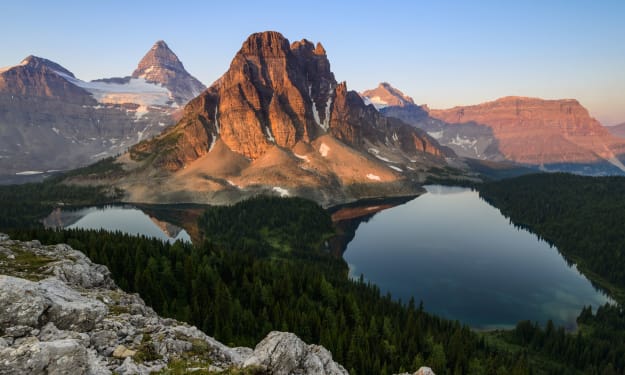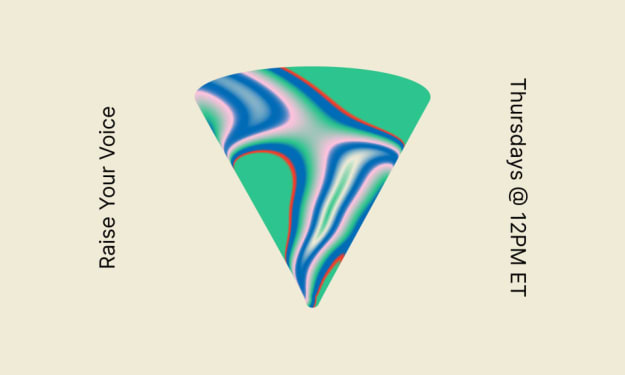The Fascinating Roles of Bees in our planet
How Bees Keep Our Planet Alive

Honey bees are captivating animals that assume a fundamental part in our planet. They are answerable for pollinating blossoms, which is fundamental for the multiplication of plants. Honey bees likewise produce honey, which is an important food hotspot for people and different creatures.
There are north of 20,000 types of honey bees on the planet, and they can be tracked down on each landmass aside from Antarctica. Honey bees come in all shapes and sizes, and they have a wide range of ways of behaving.
The most well-known kind of honey bee is the bumble bee. Bumble bees live in hives and work together to gather nectar and dust from blossoms. They utilize the nectar to make honey, and they utilize the dust to take care of their young.
Honey bees are significant pollinators. At the point when they visit blossoms, they move dust from the male piece of the bloom to the female part. This permits the blossom to imitate and deliver seeds.
Fertilization is fundamental for the endurance of many plants, including organic products, vegetables, and nuts. Without honey bees, large numbers of these plants wouldn't have the option to duplicate and we would have a lack of food.
Honey bees likewise produce honey, which is an important food hotspot for people and different creatures. Honey is a decent wellspring of energy and supplements, and it has been utilized for a really long time as a characteristic medication.
As well as pollinating blossoms and delivering honey, honey bees additionally help to control bothers. They eat bugs that can harm crops, like aphids and caterpillars.
Honey bees are a significant piece of our biological system, and they assume a crucial part in our food supply. We really want to give our very best for safeguard honey bees and their environments.
Here are far to safeguard honey bees:
• Plant honey bee well disposed blossoms in your nursery.
• Try not to utilize pesticides and herbicides.
• Leave dead trees and other normal flotsam and jetsam in your yard.
• Support associations that are attempting to safeguard honey bees.
By making these strides, we can assist with guaranteeing that honey bees proceed to flourish and assume their significant part in our planet.
Notwithstanding the bumble bee, there are numerous other significant honey bee species. A portion of these include:
• Craftsman honey bees: These honey bees make their homes in wood. They are not forceful and don't sting except if they are incited.
• Honey bees: These honey bees are bigger than bumble bees and have fluffy bodies. They are significant pollinators of wildflowers.
• Sweat honey bees: These honey bees are drawn to the salt in human perspiration. They are not forceful and don't sting.
• Bricklayer honey bees: These honey bees make their homes in openings in the ground or in wood. They are significant pollinators of vegetables and organic products.
• Leafcutter honey bees: These honey bees slice passes on to construct their homes. They are significant pollinators of tomatoes and peppers.
These honey bee species are significant for fertilization and for keeping a solid biological system. We really want to give our best for safeguard them.
Honey bees are captivating animals that assume a fundamental part in our planet. By diving deeper into honey bees and doing whatever it may take to safeguard them, we can assist with guaranteeing that they keep on flourishing for a long time into the future
We can also make changes to our own lives to help bees. For example, we can choose to buy organic food, which is grown without pesticides. We can also support businesses that are committed to protecting bees.
By taking these steps, we can help to ensure that bees continue to thrive and play their important role in our planet.
Bees are fascinating creatures that deserve our respect and protection. By learning more about bees and taking steps to protect them, we can help to ensure that they continue to thrive for generations to come.





Comments
There are no comments for this story
Be the first to respond and start the conversation.